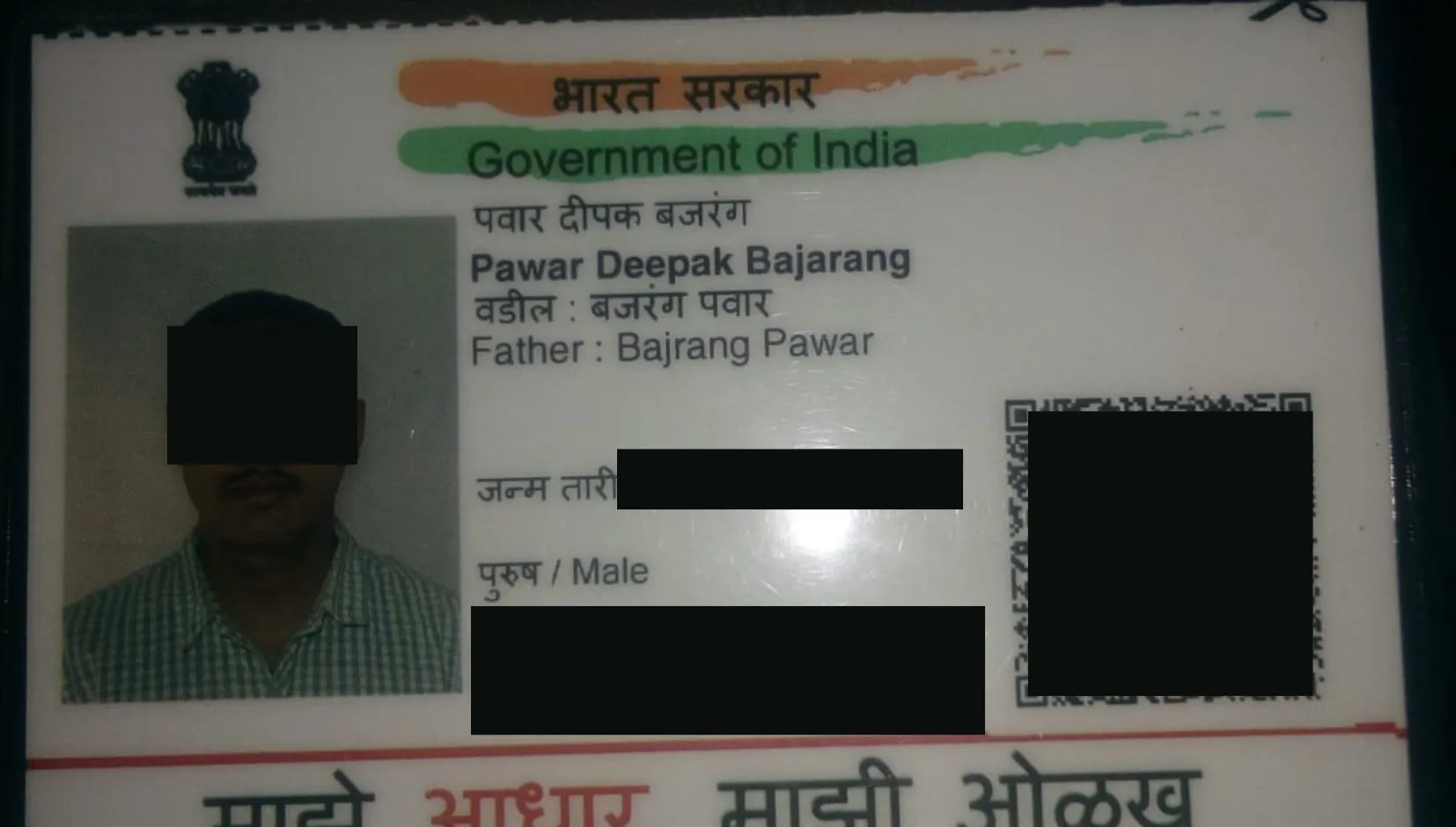Beware: Imposters Posing as Military Personnel Preying on Landlords Advertising Vacancies on Real Estate Platforms
Scammers have discovered a fresh method to deceive individuals who post property advertisements on online platforms such as Magicbricks, 99acres, Commonfloor, and others. Whether it is individuals seeking to rent a flat or flat owners themselves, these scammers have devised a strategy to profit from their victims. What is particularly alarming is that these scammers are assuming the identities of officers from the Indian Army, CISF, police, and other government organizations in order to gain the trust of their targets. Furthermore, they are providing counterfeit government IDs like canteen cards and Indian Army ID cards to persuade their victims into engaging in fraudulent transactions.
This is how this new real estate scam works
A person posing as a military officer contacts the owner, expresses interest in the property, and requests an advance payment or down payment without seeing the property first. Usually the owners (victims) are overwhelmed by the interest and usually end up accepting UPI funding requests or are manipulated into sending money.
In addition, they can also target the other side – posing as property owners and posting fraudulent ads on websites like Olx.in, Magicbricks and others, then demand a few months’ deposit or advance payment before ending the conversation. – scamming unsuspecting people who want to rent or buy a property.
In May, ReturnByte Tech reported how a Jaipur-based homeowner was scammed after posting an ad for his rental property. A fraudster posing as an army officer named Deepak Pawar contacted him through MagicBricks. The scammer managed to trick the man and defrauded him of almost a month’s deposit.
Fraudsters steal the identity of the Defense Forces
Our investigation showed that these fraudsters are likely to operate under aliases such as Deepak Pawar and have obtained real national identity cards such as Aadhaar and Army Canteen cards to convince property owners of their legitimacy. The ID cards seen by ReturnByte Tech are real and belong to real people. Therefore, it is possible that these identity cards have been stolen by these fraudsters.

In addition, scammers share personal photos, including photos of their families, to give victims the impression that they are hard-working, family-oriented people who work for the country. They often share patriotic sentiments to manipulate their victims. As a result, this fraud is not limited to defrauding property owners; it also includes identity theft.
How to be safe?
It is undeniable that all Indian defense personnel deserve respect for the hard work and risks they take to protect the country from threats. However, it’s also important to be aware of the possibility that someone may be impersonating them to scam you out of your hard-earned money.
Here are some tips to avoid falling victim to a fake army officer scam:
- Do not send or accept digital payments until you have met the property owner or tenant in person.
- Always verify the identity someone shares online and ask for more proof if needed. Don’t blindly trust a person just because they have shared an official ID card with you; it could have been stolen.
- Before you decide to rent or buy a property, always meet the person behind the listing in person to make sure they are who they say they are. If they are scammers, they will probably refuse to meet you in person.
- Don’t share OTP or install software that looks suspicious on your device. This can give scammers remote access to your devices and your money and sensitive information.
- Do not share identity cards like Aadhaar, PAN or Defense IDs with random people who contact you on online sites. Fraudsters can use these credentials to scam more people.
You can also verify the authenticity of the Aadhaar card number if someone shares it with you. Thus:
- Go to https://uidai.gov.in/en/.
- Go to Aadhaar Services > Verify an Aadhaar Number.
- Next, login using your own Aadhaar number and OTP.
- Now enter the sender’s Aadhaar number and then you can check whether the Aadhaar number is in the database or not.




